LPG cylinder valves are engineered to manage the flow, pressure, and direction of liquid and/or vapour within a gas system. They come in various forms, including mechanical, digital, and electromechanical, each designed to fulfill specific roles such as pressure control, bypassing, shut-off, and pressure relief. For instance, back check valves, available in flanged or threaded configurations, prevent reverse flow and secure contents in case of pipe or fitting failures. Ball valves offer straightforward on/off control through a 90-degree lever turn, while bypass valves protect against overpressure damage, enhancing the longevity of system components.
Differential pressure valves, which can be mechanical or digital, are integral for systems that work with meters and vapour eliminators, responding to pressure differences or electrical signals. Excess flow valves, both flanged and threaded, are designed to automatically shut off if the flow rate surpasses a set threshold, aiding in pressure stabilization. Emergency shut off valves (ESVs) are critical for safety, reacting to extreme pressure, flow, or temperature changes by halting flow in both directions. Relief valves, both external and internal, offer over-pressure protection, with internal valves serving as a safeguard against spillage from damaged piping or overturned tanks.
Multiport and multi valves address the need for multiple functionalities within a single valve body, suitable for large stationary tanks and containers. Needle valves are essential for precise control over flow and pressure, protecting sensitive gauges from pressure surges. These performance characteristics are crucial for selecting the appropriate LPG cylinder valve, ensuring safety, reliability, and efficiency in various applications.



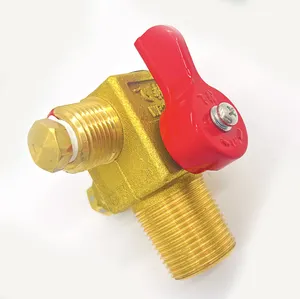






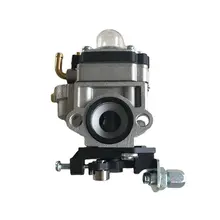



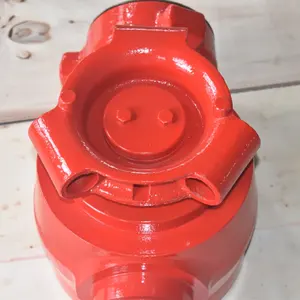

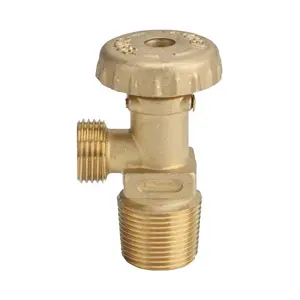
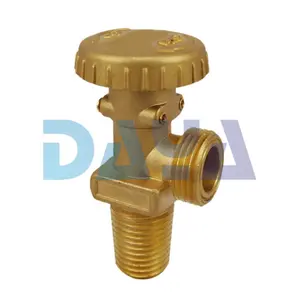



























 浙公网安备 33010002000092号
浙公网安备 33010002000092号 浙B2-20120091-4
浙B2-20120091-4